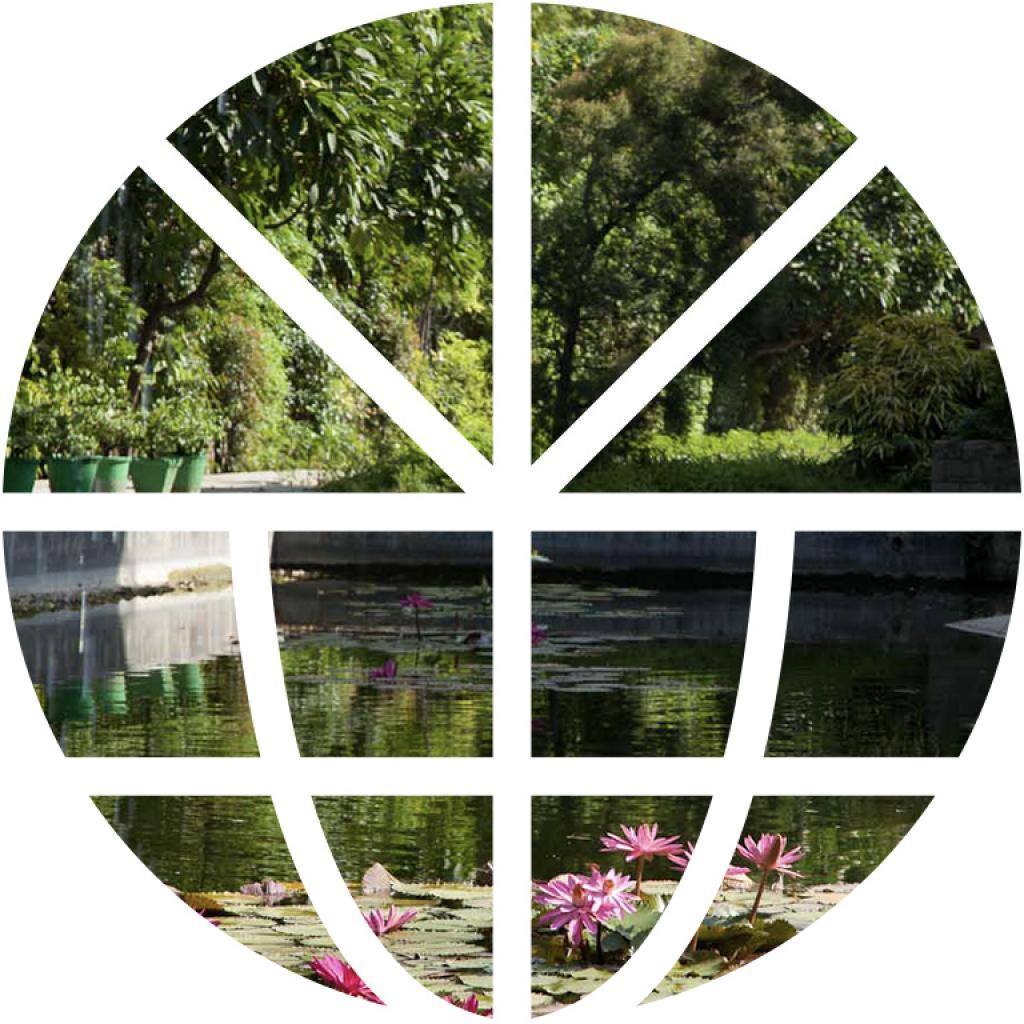CARNATIC MUSIC FESTIVAL: 13 & 14 SEPTEMBER 2019
13 September 2019, 05:30 am
CARNATIC MUSIC FESTIVAL: 13 & 14 SEPTEMBER 2019
Programme Type
Festivals
CARNATIC MUSIC FESTIVAL: 13 & 14 SEPTEMBER 2019
Organised in collaboration with Shanmukhananda Sangeetha Sabha, New Delhi
Vocal Recital
By K. Venkateshwaran from Delhi, disciple of Gurus Smt Padma Natesan and Dr. Radha Venkatachalam
Accompanists: G. Raghavendra Prasath (violin) and B. Manohar (mridangam)

